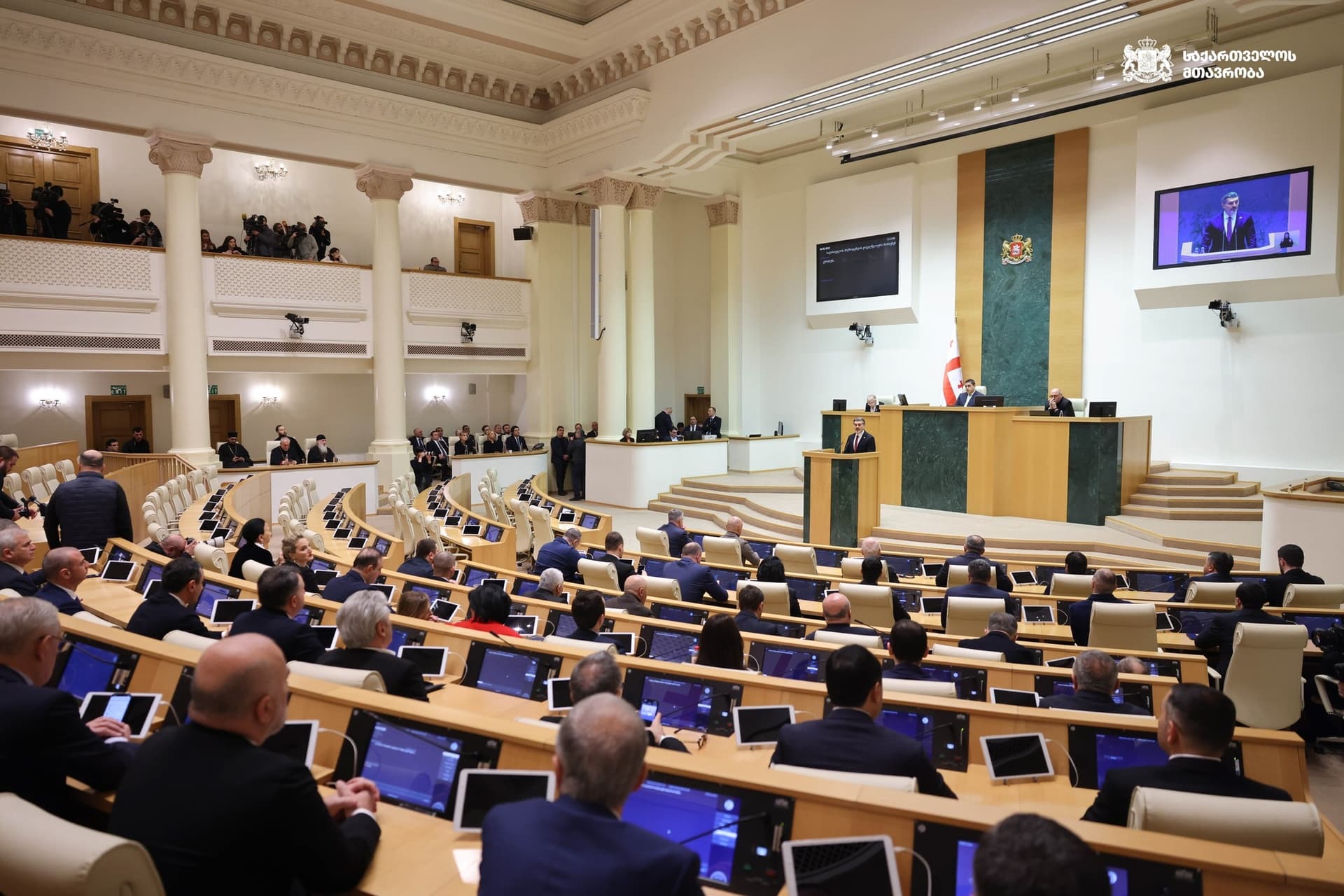Georgia’s controversial Foreign Agents Law takes effect on May 31

Author
Front News Georgia
Starting on May 31, Georgia’s controversial Foreign Agents Registration Act, modeled after the US Foreign Agents Registration Act (FARA), officially comes into force. Passed by the Georgian Parliament on April 1, the law has sparked significant domestic and international criticism for its potential to stifle independent media and civil society organizations.
Unlike the original US FARA, Georgia’s version specifically targets independent civil organizations and the media. It mandates registration, public disclosure of certain documents, and the submission of annual financial declarations. Failure to comply or improper compliance is punishable by fines or up to five years in prison, with legal entities subject to monetary penalties.
The law’s enforcement will be overseen by Georgia’s Anti-Corruption Bureau, headed by Razhden Kuprashvili. On May 20, Kuprashvili told the media that the law “can apply to media, NGOs, and even individuals if they receive funding from abroad and engage in the kind of political activity defined by the law.”
On May 22, the Georgian Young Lawyers’ Association (GYLA) announced that it had filed a constitutional court case to suspend the law. International actors have also voiced alarm. On May 22, the OSCE Office for Democratic Institutions and Human Rights (ODIHR) issued a statement expressing deep concern over the law’s adoption in its third reading, claiming it would have a “serious impact" on civil society and anyone working to defend human rights in Georgia.
ODIHR noted that the law is intended to replace last year’s Transparency of Foreign Influence Act, which was widely condemned and eventually withdrawn. According to ODIHR, the new law “will hinder freedom of association, peaceful assembly, and expression,” and “when combined with other recent legislative initiatives, may further restrict the work of civil society organizations and human rights defenders.”
Despite these concerns, the Georgian government has so far pushed ahead with implementation, raising fears about the future of Georgia’s democratic institutions and European aspirations.





